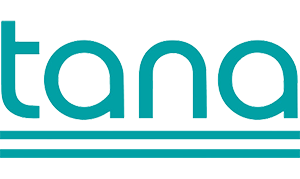Evaluation of Norwegian Aid Engagement in the Sahel
Norwegian engagement in the Sahel dates back to the 1970s, with a specific Sahel programme launched in the mid-1980s with the main focus on agriculture and food security in Mali. The Sahel engagement expanded with Mali becoming a partner country in 2013 and Niger in 2017. Norway has a long tradition of providing support for humanitarian needs and long-term development in the Sahel. This is reflected in the strategy launched in 2018 with a second phase running from 2021 (until 2025). The current strategy focuses on three main areas: a) support for good governance, democratic development and respect for human rights; b) conflict prevention and conflict resolution; and c) responding to humanitarian needs and strengthening efforts to promote inclusive and sustainable development. In addition to Norway’s more traditional focus in the region, the 2018 strategy has made a direct link between Norwegian security interests and efforts to address issues such as terrorism, crime and migration. Moreover, closer cooperation with the EU and European engagement has also been included in the strategy, which signals a broadening of partners beyond the traditional focus on UN agencies.
The purpose of the evaluation is to provide input on how Norway can adapt its engagement in a fragile and unstable context, such as the Sahel. The evaluation is part of a series of evaluations of Norwegian efforts in countries in fragile situations. So far, evaluations have been carried out of Norway’s engagement in South Sudan in the period 2011–2018 and Somalia in the period 2012–2018 (both are conducted by Tana Copenhagen).

